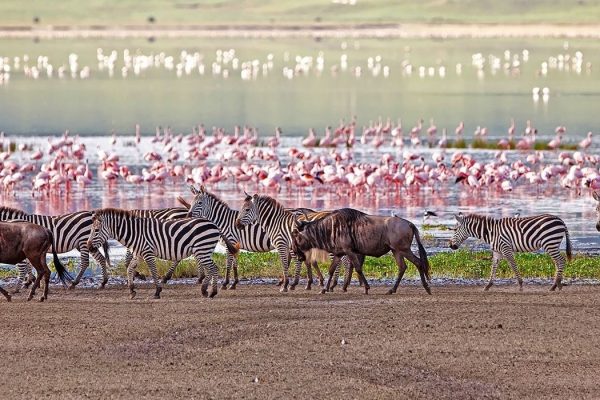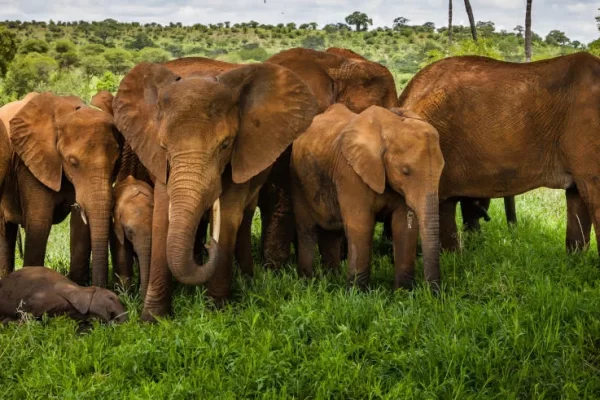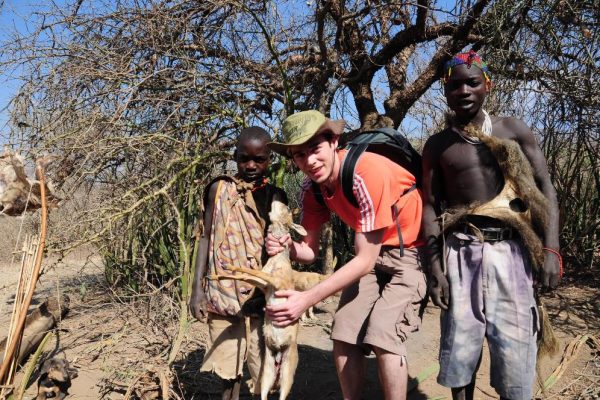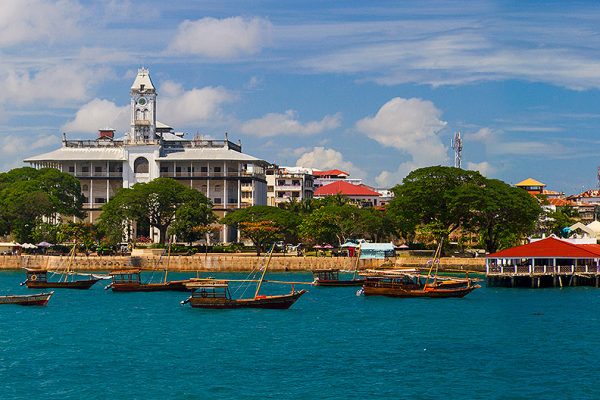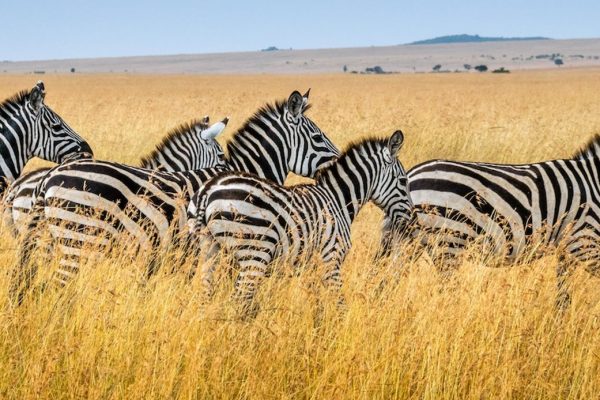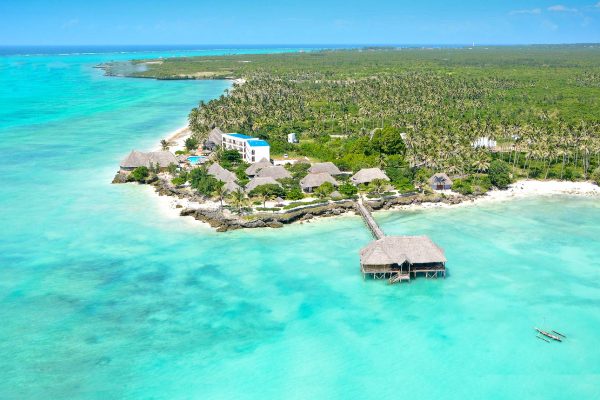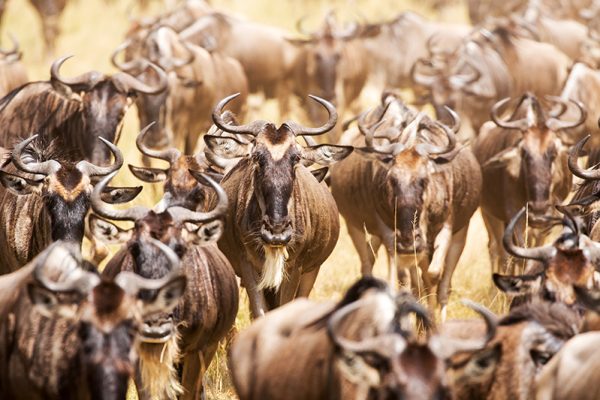Tanzania’s people are among the most welcoming and approachable on earth with diverse and unique cultures ready to be shared with visitors. It is a rewarding experience to leave your 4X4 vehicle behind and walk through scenic local resident villages with greatest Cultural landscapes in Africa. On the lash tropical slopes of Mt Meru, and Mt Kilimanjaro Waarusha, Wameru or Wachagga guides will proudly describe their carefully cultivated ‘shambas’ with coffee, bananas, fruits, vegetables and dairy cow farming while the World famous Maasai will share with you their age-old pastoralist heritage. Spend part of your time to meet friendly faces of Africa and learn about their ways of life.
Cultural Tourism is beneficial to everyone…
the tourists get unforgettable and unique experience while the local people generate income that improves their standard of living…
Visits to Maasai Bomas in Ngorongoro Conservation Area
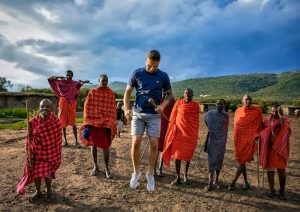
The Maasai in northern Tanzania are among the most popular ethnic groups in the area, a proud people fervently attached to their cultural values. Ngorongoro is the home of the pastoral Maasai, who have been allowed to live in the conservation area, a pioneering experiment in multi-purpose land use where people, their livestock and wildlife coexist and share the same protected habitat.
The Maasai move widely with their herds of cattle, sheep, goats and donkeys in search of pasture and water. In recent years the Maasai have been encouraged to work on the land to supplement their traditional staple food of milk and meat.
While in Ngorongoro most of the guests on safari love to include a visit to a Maasai Boma (homestead). The Seneto Maasai Boma on the western slopes of the Ngorongoro Highlands about two hundred metres off the main road to Serengeti is one of the most famous cultural visitor points for guests. Another popular Maasai village is Irkeepus which is located in the Ngorongoro Highlands and a visit can be combined with a trek of Olmoti or Empakaai Crater.
Visitors will be shown around the Maasai Boma, and are welcome to explore the huts where Maasai families live and learn a few things about their way of living. The huts, normally built by women, are made of wood, mud and cow dung.
The visit lasts about 30 to 45 minutes and at the end the villagers will show off and try to sell their colourful beadwork and other handcrafted wares. If time allows the Maasai warriors would challenge men to engage in a spear throwing match or perform a tribal dance, and ladies may choose to participate in beadwork. This is intended to expose visitors to the Maasai culture though briefly and enrich them with some authentic African experiences.
Lake Eyasi – The Hadzabe and Datoga
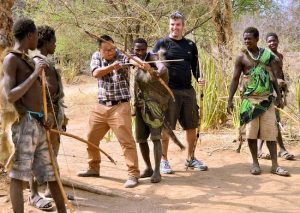 This is a hot, dry land, around which live the Hadzabe people, often associated with the Khoisan languages in Southern Africa because of their click language. The Hadzabe are believed to have lived here for nearly 10,000 years and continue to follow hunting-and-gathering traditions. Also in the area are the Iraqw (Mbulu), a people of Cushitic origin who arrived about 2000 years ago, as well as the Datoga also Cushitic, the Maasai and various Bantu groups including the Nyakyusa, Nyamwezi, Chaga and Meru. The area is Tanzania’s main onion-growing centre, and there are impressive irrigation systems along the Chemchem River drawing its water from natural springs.
This is a hot, dry land, around which live the Hadzabe people, often associated with the Khoisan languages in Southern Africa because of their click language. The Hadzabe are believed to have lived here for nearly 10,000 years and continue to follow hunting-and-gathering traditions. Also in the area are the Iraqw (Mbulu), a people of Cushitic origin who arrived about 2000 years ago, as well as the Datoga also Cushitic, the Maasai and various Bantu groups including the Nyakyusa, Nyamwezi, Chaga and Meru. The area is Tanzania’s main onion-growing centre, and there are impressive irrigation systems along the Chemchem River drawing its water from natural springs.
The Hadzabe, a hunter-gatherer tribe, live close to the shores of Lake Eyasi, as do the Nilotic-speaking Datoga tribe who are pastoralists. Visits to these tribes are possible on half day or full day excursions which would include a visit to their homesteads, learning about their way of life, medicinal plants, and even animal tracking with bows and arrows with the Hadzabe hunters.


